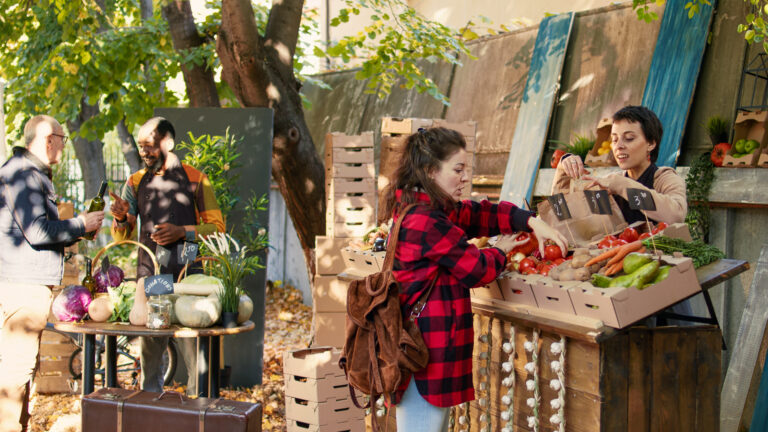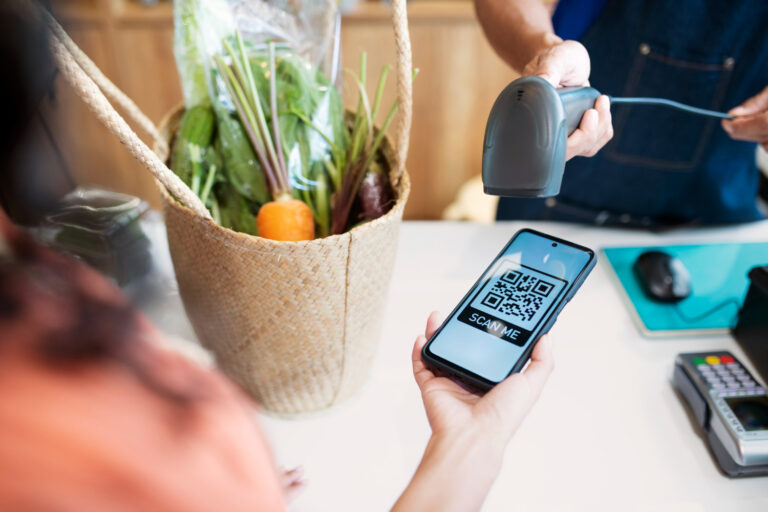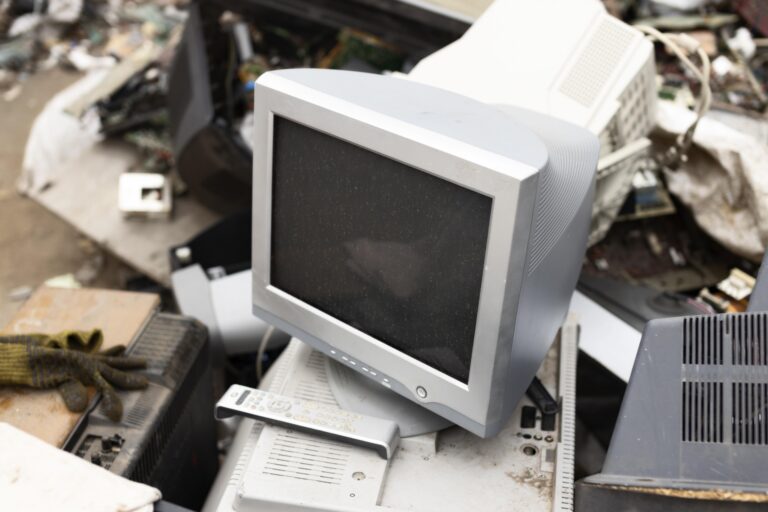Theme
Making soup of residual products
Activity Duration
3 hours
Group Size
15 – 25 youth
Objectives
- preventing food waste
- students learn how to prevent food waste
- students learn to work with residual products and make a tasty dish from them
- students learn to see the value of residual products
- students learn to make soup, without a recipe (creative thinking)
Description
Collect leftovers such as vegetables and herbs that you can use to make soup. You will also need some basic products such as salt, pepper and bouillon cubes. Make sure you have a kitchen with a stove and cooking utensils such as (a) pan(s), soup spoons, cutting boards and knives. The students chop the vegetables finely. Bring the pan with bouillon to the boil and add the
vegetables. If necessary, puree the soup. You can use the soup for your own consumption, sell it or give it away to a social cause.
Materials/Tools
- Kitchen with stove
- Cooking utensils such as (a) pan(s), soup spoons, cutting boards andn knives
- Basic products such as salt, pepper and bouillon cubes
- Leftovers such as vegetables and herbs
Space (indoor, outdoor,
settings…)
Indoor or outdoor
Structures/steps (timing)
1. Introduction (15 minutes)
• Explain the purpose of this learning activity
• Divide the students (and activities) into groups
• Wash hands
• Collect supplies
2. Execution (60 minutes)
• Preparation of the soup
3. Closure (30 minutes)
You can choose to:
– Donate the soup to a charity
– Sell it to fellow students/teachers
– Use it for your own consumption
(Important: Tell the students what the activity entails, how you can create value from residual products, how it also contributes to preventing food waste, and to which SDGs it contributes).
Evaluation System/Tools
Let the students know how many kilos of food waste were prevented by making this soup, how many cups/litres of soup they made and how many people (who are living in poverty) can be fed by this. Have a group discussion in which you discuss:
– taste of the soup
– collaboration
– what went well, what will you do dfferently next time



